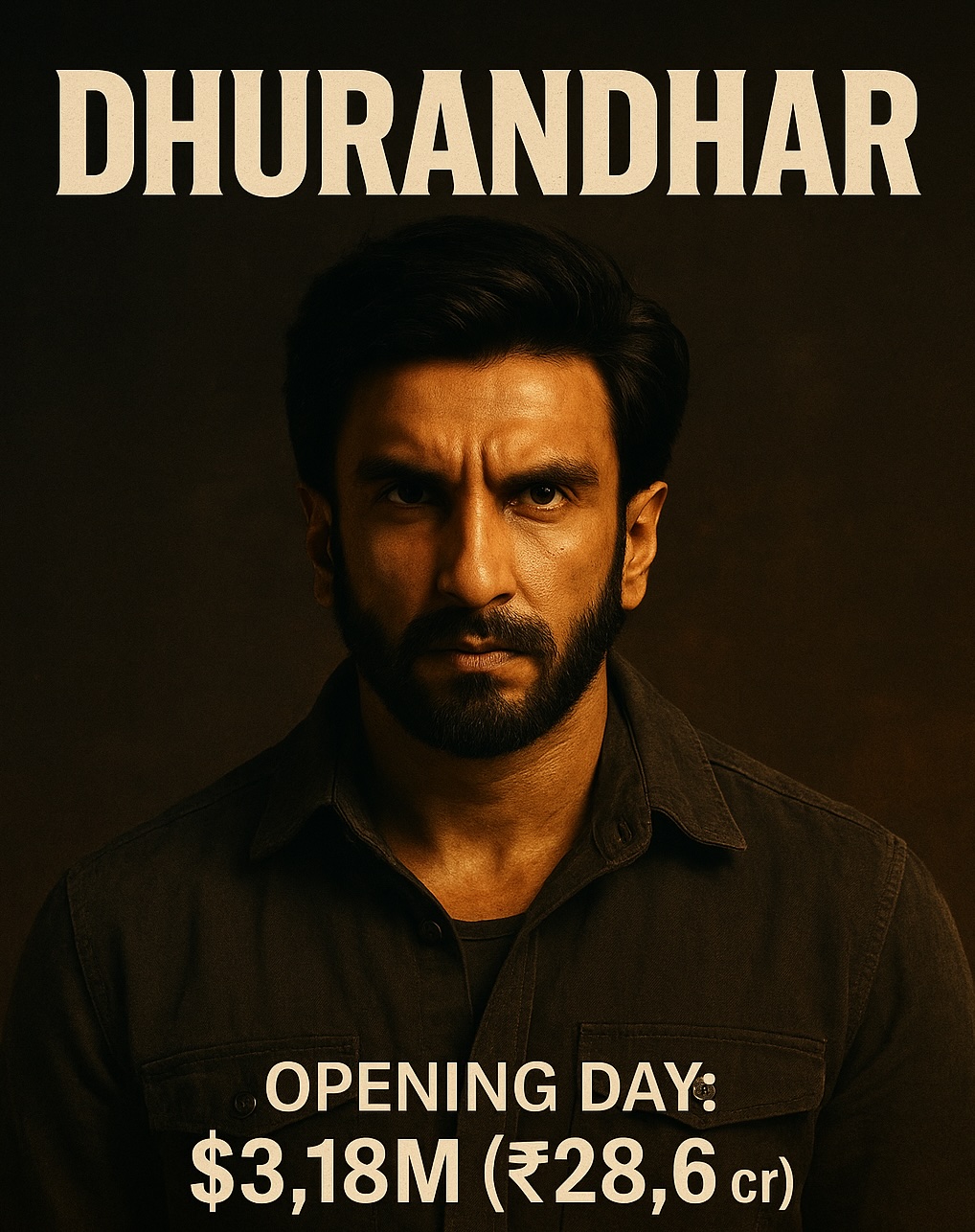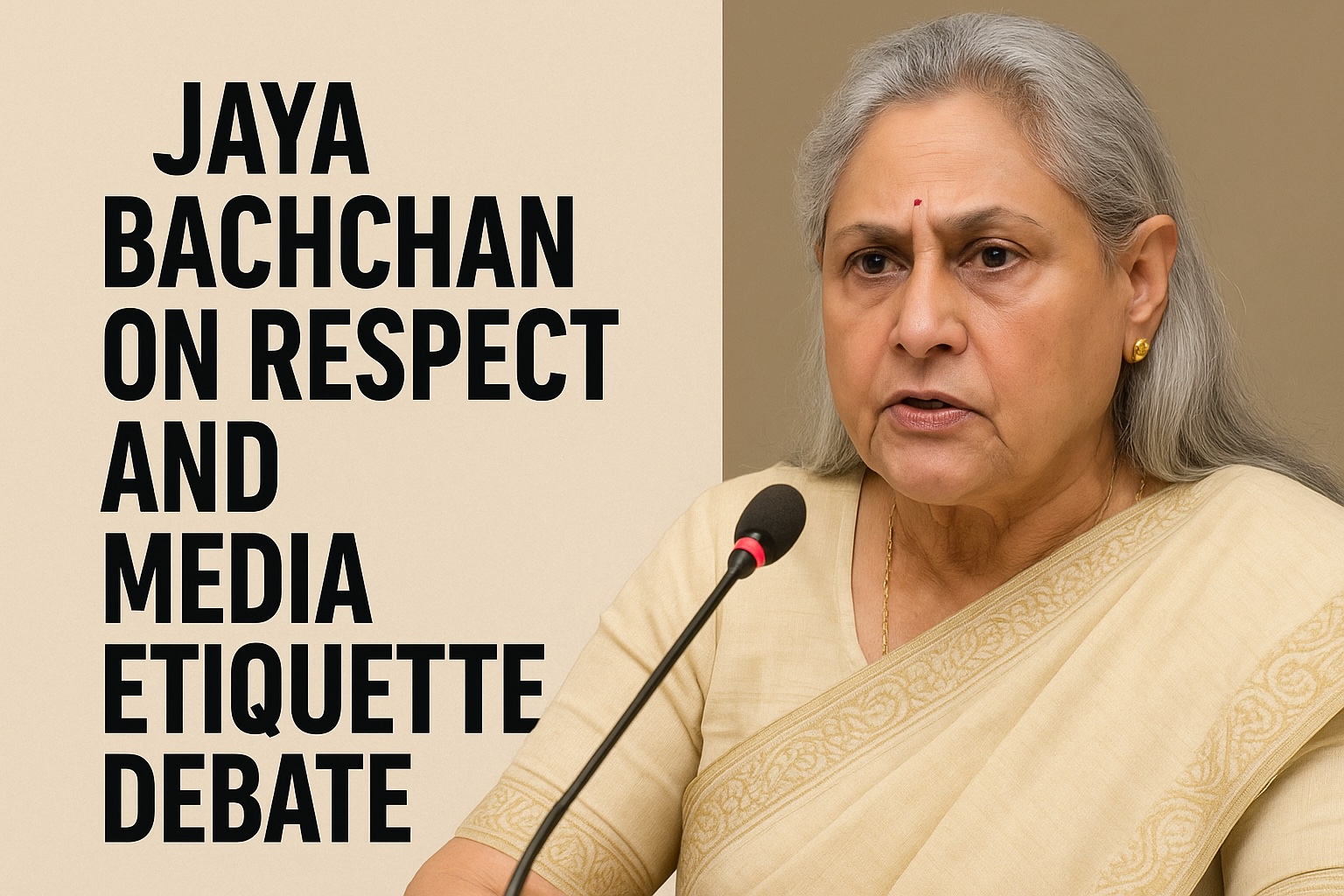
‘Jab Tak Hai Jaan’, Yash Chopra’s last film, like many of his other previous cinematic outings, is a film about love. As simple as that.
Everything else is secondary in this tale of love and longing; every other narrative device is superficial and extraneous to the central theme of love. Love is the intangible force that exerts so great a pull on the characters’ lives that their collective destinies are shaped by this one absolute power.
The story revolves around Samar Anand, a carefree Punjabi gabroo jawan who, by his own admission, arrives in London to earn lots and lots of pounds. The 25 year old rustic simpleton (played charmingly by vintage Shah Rukh Khan) from the green fields of Punjab ends up working multiple odd jobs in London, which ultimately lead him to Meera (Katrina Kaif). The part-time singer is enlisted by billionaire heiress Kaif, who wants to learn a full Punjabi song for her doting papa’s upcoming 50th birthday. In return, she promises to teach Samar English, and turn him into a “true English gentleman”.
Of course, the pair is irresistibly drawn to one another, and ends up falling in love. What follows are some amazing Yash Chopra-esque cinematic moments filled with love. Amidst the cold, snowy backdrop of London city, Samar and Meera fall in love while swaying sexily to the beats of ‘Ishq Shava’. The build up to the song deserves a special mention, with Katrina literally setting the London underground dance floor on fire with her sizzling moves. The drum beats of ‘Ishq dance’ build up to a high-pitched energetic frenzy, and you can almost feel the drum beats reverberate in your soul. Katrina effortlessly plays seductress, and this could well be the sole reason the filmmaker casted her in his magnum opus!
Alas, their romance is short-lived as Katrina’s Meera wakes up to the call of familial duty, and barters her love for Samar’s life, in an unconvincing deal she makes with God.
Act two: A decade later, Samar reinvents himself as the fearless bomb-squad army man, who embraces death each day just so he can prove a point to Meera’s “Sir Jesus”. Along the way, he meets Akira, an energetic, vibrant 21 year old, who is so focused on her career that she has no time for love. Anushka is spectacular as the bubbly documentary filmmaker, who inevitably falls for the silent, somber and stubbled Samar. She breathes life into the film with her joie de vivre, and makes the audience hope against hope that Samar picks this lovely lady instead of staid, dutiful, archaic Meera, played uninspiringly by the gorgeous, but wooden Katrina Kaif.
A whole lot of twists and turns later, which include Samar succumbing to retrograde amnesia in an unbelievably redundant accident, and the heroines trying to shock him out of his celestial disease by using badly reasoned white lies. Of course, the plot culminates after 3 long hours, in an inevitable Chopra-esque happy ending, but one that doesn’t leave you satiated.
What works in the film is, of course, Shah Rukh Khan. He endears as Samar in both life stages; as the impish, young man who serenades the city of London with his boyish charm, as the man who sweeps Katrina off her feet by restraining his instincts and vowing to “never cross the line” with her. And also, as the quintessential Hindi film hero, who is always gold-hearted, and who rescues the damsels in distress time and time again; the morally upright hero of vintage Bollywood films.
Shah Rukh Khan is the modern day reinterpretation of the classic “Raj”. His Samar is intense, loving, brimming over with love; and yet is cruel, unforgiving and stubborn. He is the cynical atheist who challenges Meera’s omniscient Lord, and is forward and modern (case in point: the multiple kissing and lovemaking scenes, which were alien to Yash Chopra’s vintage love stories). It is a return to compromised innocence, which is in keeping with the times. He breathes life into the film and is its beating heart and soul.





